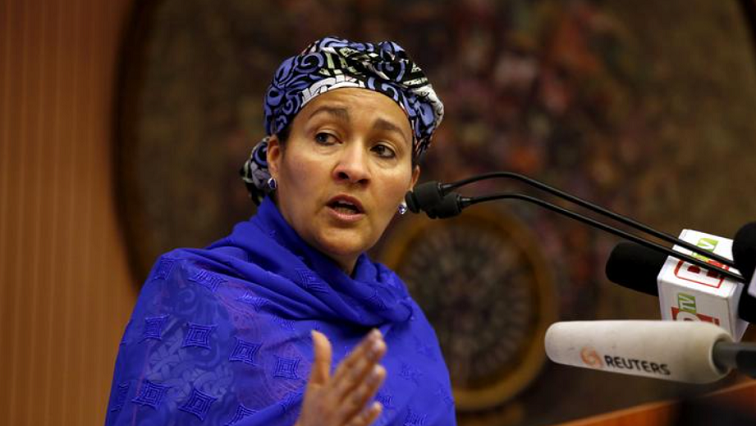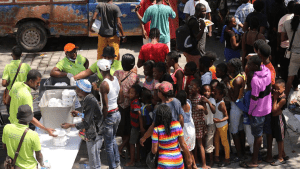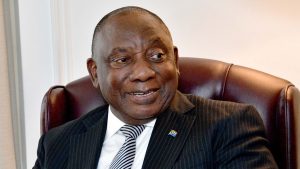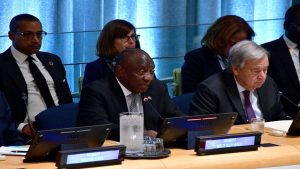The United Nations Deputy Secretary General, Amina Mohammed, says Africa’s development gains are at risk as a consequence of the COVID-19 pandemic, the climate crisis, and the war in Ukraine.
She was speaking at a special high-level dialogue on the theme -The Africa We Want: Reconfirming the Development of Africa as a Priority of the United Nations System.
Echoing statements from other high-ranking UN officials, she sounded the alarm that the pandemic had reversed two decades of progress and further shrunk an already limited fiscal space.
U.N. Deputy Secretary General Amina Mohammed says; “71 million people in developing countries have fallen into poverty in the space of just three months. As a direct consequence of global food and energy, price surges, people living in regions like the Sahel in the Horn of Africa are particularly vulnerable to food insecurity. As the Secretary-General has warned, there is a real risk that multiple famines will be declared in 2022 and 2023 could be even worse. Excellencies, ladies, and gentlemen. In the Africa we want is still within reach. To get there, we need a change in our mindsets and turn the triple crisis into an opportunity.”
The high-level dialogue seeks to renew commitment to Africa’s development including supporting key actions to build back better from the impacts of COVID-19; share country experiences including lessons learned in the implementation of the 2030 Agenda and the AU’s Agenda 2063; highlight successful strategies at the sub-regional and regional levels including through the expansion of social protection measures and mobilizing greater support and partnerships to accelerate development, including on climate change mitigation.
With calls here for an urgent rebalancing of the global economy as the President of the Economic and Social Council Collen Vixen Kelapile explains. “Africa’s investment needs to achieve the SDGs were estimated at 200 billion per annum prior to the crisis, and the financing gap has now increased by an additional 145 billion due to the pandemic, according to the IMF. As the continent faces this challenge with the increased debt, inflationary pressures, and reduced fiscal space, a lasting solution can only come from within the continent. But it also requires international solidarity and support. External financing, such as official development assistance, ODA, which has consistently fallen short of commitments, and stopgap measures such as the special drawing rights allocations that were implemented in the aftermath of the pandemic address only the short-term issues and we are focused on treating the symptoms rather than the underlying causes of the problem.”
Africa has untapped potential
The forum heard that there was still untapped potential due to weak tax collection, inefficient public administration, the size of the informal economy and illicit financial flows that are draining the continent of some 89 billion dollars per annum.
Mohammed says “The Africa we want is not only good for the continent, it is good for the world. Building the Africa we want means delivering the urgent scale in the support that Africa needs. And it also means putting at the center of it our youth and women. Now is the time that we need to urgently rescue the SDGs in Africa that lay that foundation for the ambition of the 2063 agenda and at that for the world at large.”
A number of round tables will be held throughout the one-day event – examining pharmaceutical manufacturing, energy, and capacity development towards Africa’s recovery, preparing for Africa’s COP27 which will be hosted by Egypt later this year, and innovative financing and global partnerships towards the achievement of both the SDGs by 2030 and the AU’s Agenda 2063.
Africa’s gains are at risk as a consequence of COVID-19: Amina Mohammed:






